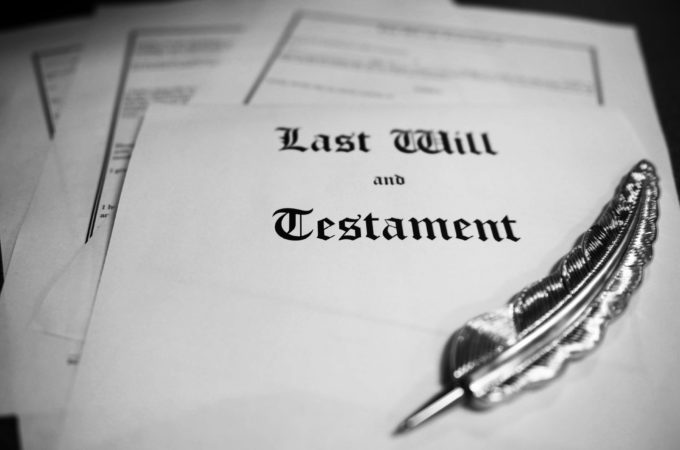This blog post was written by Dave Madan, Senior Manager, Scotiatrust Elder abuse remains one of the most underreported and misunderstood social issues, often concealed beneath the veneer of familial obligations and trust-based relationships. For professionals, understanding the intricate dimensions of elder abuse is not only a matter of professional…
Category: Undue influence
Generally, the validity of a last will and testament can be challenged on the basis of: (i) lack of testamentary capacity; (ii) undue influence; (iii) lack of knowledge and approval of the will; and/or (iv) fraud. While allegations relating to undue influence often go hand-in-hand with claims relating to lack…
Undue influence, a common claim to be heard in the context of will challenges, occurs when a testator is forced or coerced into changing his or her will or creating a new one in favour of the coercing party. A closely related concept is testamentary fraud. Although testamentary fraud does…
In the estates context, undue influence is often alleged in order to challenge a will or an inter vivos transfer of property, often a family home or cottage. When a party in a legal dispute alleges that there was undue influence which party bears the burden of proving (or disproving)…
It is widely known by estate litigation lawyers that the courts are clogged with disputes, often leading to lengthy delays in the obtaining hearing or trial dates. Summary judgment is one way that the courts can decide cases efficiently. To achieve a just result, a lengthy trial with oral testimony…
In Fanelli v. Fanelli-Bruno, 2023 ONSC 6501, Justice Myers provided clear direction on the principle of proportionality in litigation, and the ways in which it can influence a decision on costs. The decision The estate of Ms. Lina Fanelli, the mother of the Applicant and Respondent, was the subject…
In Gilbert v. Girouard, 2023 ONSC 4445, a brother and sister brought a challenge to their father’s wills. The siblings alleged that their third sibling, who was named as estate trustee, exerted undue influence over their father. They also alleged that their father lacked testamentary capacity at the time of…
Today’s blog is written by Jessica J. Butler, Law Clerk at Fasken LLP. Italian cinema legend Gina Lollobrigida passed away at the age of 95 in January 2023. Known by fans as ‘La Lollo’, she starred in over 60 films which included the likes of Frank Sinatra and Sean Connery….
The Ontario Court of Appeal (“ONCA”) decision in Gefen Estate v. Gefen is an interesting read which provides insight into a variety of topics including mutual wills and mutual will agreements, secret trusts, the doctrine of unconscionable procurement, and more! By way of background, Elias and Henia Gefen were married…
Because the doctrine of suspicious circumstances was developed in respect of probate and wills, it cannot easily be exported into other areas of law, including contract law.









